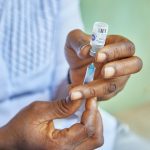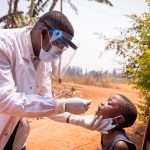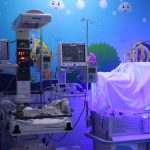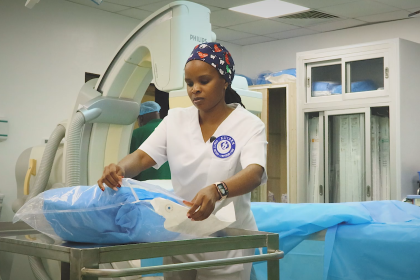About 500 master’s students could be working at KNH, yet they are not its employees…when counties have a shortage of doctors.
Prof Khama Rogo, an expert on public health systems, traces Kenya’s perennial doctors’ strikes to the confusion that arose from postgraduate medical training.
Prof Rogo told Willow Health Media that Kenya once had a postgraduate fellowship arrangement with the UK, but it could not absorb all the medical graduates the country was producing.
The solution was to train the masters’ students at the Kenyatta National Hospital (KNH), which was easy as the University of Nairobi was the only one producing doctors. But, with time, some students started sponsoring themselves. This increased the number of master’s students, a situation that worsened with the advent of devolution: doctors employed by counties enrolled for post-graduate training, meaning they were working for KNH but were not its employees!
Moi Teaching and Referral Hospital (MTRH) was also training and using post-graduate medical students, thus denying the counties more medical experts.
“Who is supposed to promote them? KNH? the county governments? Or the Ministry of Health?” wonders Prof Rogo, hinting at this confusion as one of the causes of Kenya’s perennial doctors’ strikes.
Decentralise training of postgraduates to county hospital-based colleges
“Where’s the vision when KNH says it doesn’t know what 500 University of Nairobi M.Med students do there?” he wonders, adding that a similar number could be at MTRH.
The solution, says Prof Rogo, is simply administrative and not budgetary: Decentralise training of postgraduates to county hospital-based colleges, and voila, the counties will have the white coats at their disposal instead of paying the underworked lot concentrated in KNH and MTRH.
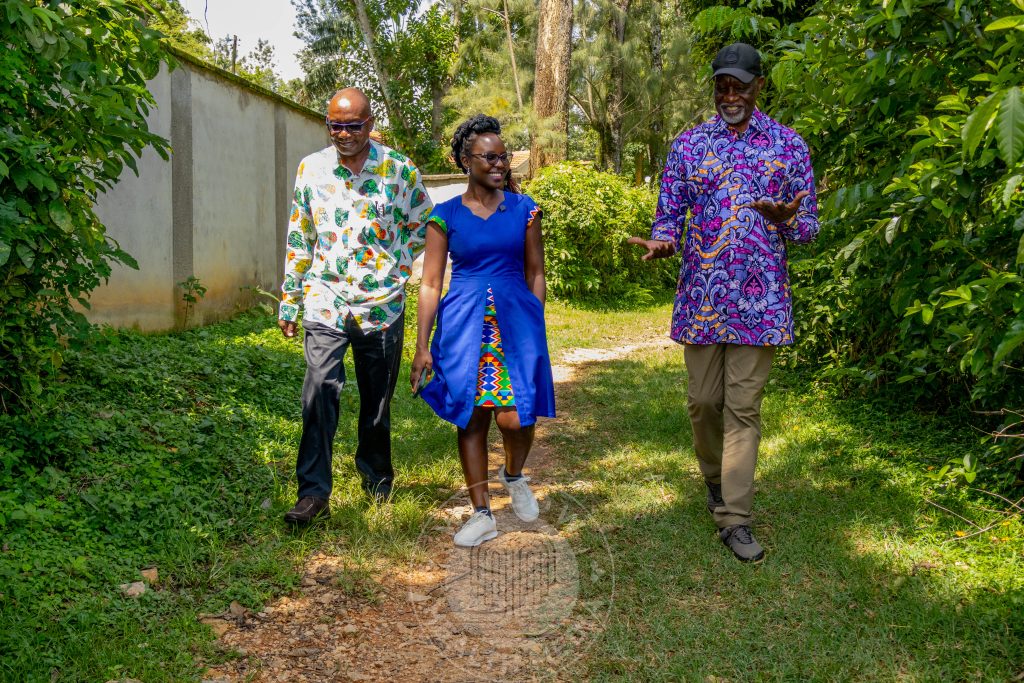
Master’s degrees in medicine aside, Prof Rogo is full of praise for our Medical Training Colleges, for which he reckons “Kenya should get the Nobel Prize because globally it’s (the MTC approach) the single most effective, low-cost production of mid-level health workers anywhere in the world in the history of medicine.”
These Medical Training Colleges are the reasons why Kenya doesn’t have a shortage of health technicians like radiographers. “They have tried it elsewhere, but it’s all fragmented.”
The problem with MTCs currently is that every MP using them to hunt votes by wanting at least one in their constituencies, regardless of the quality of equipment, facilities and training.
Medical Training Colleges offer so many diluted courses
“They have been politicised from 20 to 87. Now they are worse than my local primary school here,” laments Prof Rogo.
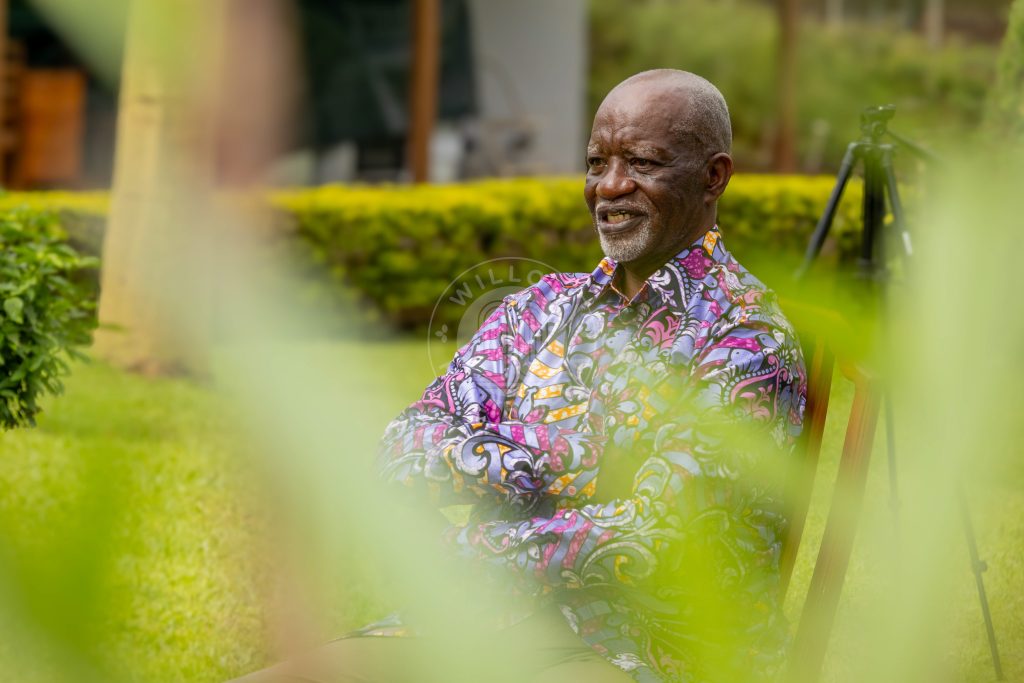
No serious thinking and planning is going behind the mushrooming of the MTCs, which he says “Offer so many diluted courses.” He blames the mess on their licensing not being done by the Medical Council or the Nursing Council of Kenya, but by the Commission for University Education.
His take on MTCs pans to the general training of health workers in Kenya, where “People are graduating without degrees. They only appear at graduation ceremonies,” he says.
Now, how on earth is this possible?
“There’s no indexing of medical students. Nobody has given the number of medics under training, who will graduate, and when they will do so.”
He says the Ministry of Health has been resisting the indexing of students training abroad.
Medical internships a cog in MOH’s confused gearbox
“How do you pay salaries yearly to people you claim you don’t know how many there are and say you don’t have money for interns?” he wonders.
Talking of internships, it turns out, they have become another cog in MOH’s confused gearbox. Initially, the internship was only for doctors, but now there are 43 recognised cadres, while the number of health courses is about 100, meaning the courses are more than the cadres.
“This is why you have ridiculous degrees such as a B.Sc. in Paramedicine.”
And it gets worse. The unrecognised cadres, it turns out, have trade unions, while some colleges don’t offer practicals, telling students that bit will happen during internships!
The Doctor Who Transformed Women’s Health in Africa | Part 1
This in-depth interview journeys through Prof Khama Rogo’s life, from his childhood, to medical training at the University of Nairobi in Kenya’s early years of independence, to becoming a leading voice in women’s cancers, reproductive health and global health systems.




